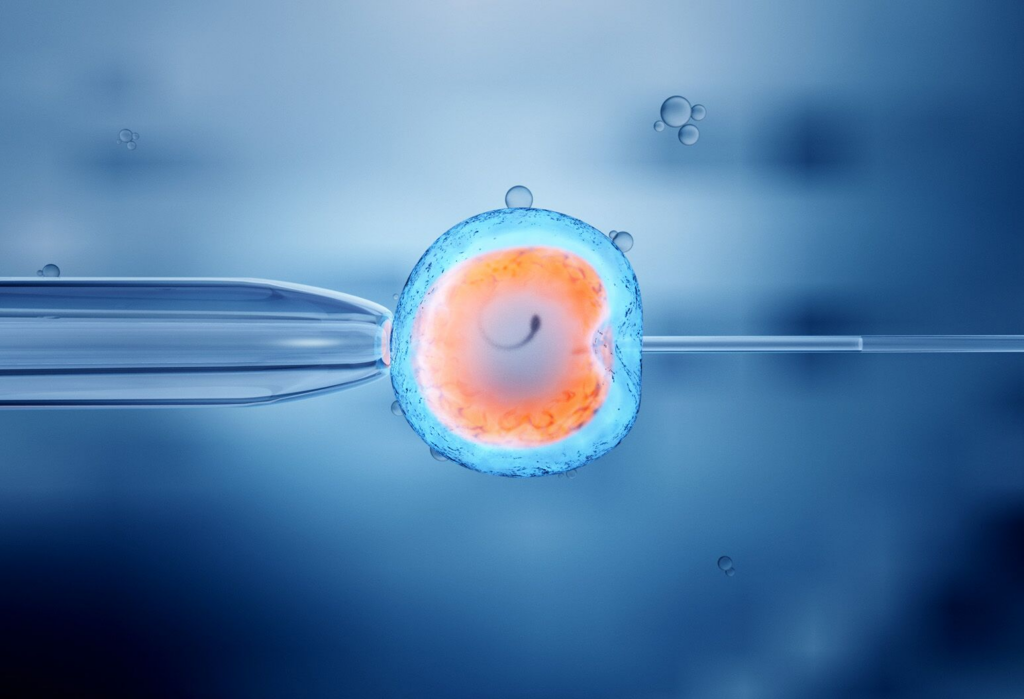
The Human Fertilisation and Embryology Authority (HFEA) in the UK has announced that the long-sought technology for lab-grown human eggs and sperm is nearing reality. This groundbreaking advancement, supported by significant investment from Silicon Valley, could transform fertility treatments within the next decade. The revelation was made during a recent HFEA board meeting, sparking excitement and debate within the scientific community.
The potential of in-vitro gametes
In-vitro gametes (IVGs), which are essentially lab-created eggs or sperm derived from genetically reprogrammed skin or stem cells, represent a monumental leap forward in fertility research. Peter Thompson, CEO of HFEA, emphasized the significance of this technology, stating, “In-vitro gametes have the potential to vastly increase the availability of human sperm and eggs for research and, if proved safe, effective and publicly acceptable.”
He highlighted that IVGs could provide new treatment options for men facing low sperm counts and women with diminished ovarian reserves, potentially overcoming age-related barriers to conception.
Ethical considerations and regulatory challenges
While the promise of IVGs is immense, it also raises complex ethical questions. The possibility of “solo parenting,” where both egg and sperm are derived from a single individual, introduces risks associated with recessive genetic disorders. Frances Flinter, an emeritus professor of clinical genetics at King’s College London, warned that this technique could be seen as “the complete extreme of incest” due to these genetic risks.
Moreover, multiplex parenting—where two couples create embryos whose cells are then used to derive lab-grown eggs and sperm—also presents ethical dilemmas. Current laws prohibit the clinical use of IVGs due to safety concerns regarding unintended genetic changes that could be passed down through generations. In light of these advancements, the HFEA has called for a comprehensive review of existing fertility laws.
Implications for future parenting models
The advent of IVGs could lead to revolutionary parenting models. Solo parenting would allow individuals to produce both gametes from their own cells, while multiplex parenting would enable collaborative reproduction between couples. However, both scenarios necessitate careful consideration of the potential medical implications.
Additionally, the use of IVGs may facilitate extensive embryo screening in laboratories. While this could enhance reproductive choices, it also raises concerns about eugenics in regions with less stringent regulations than the UK.
Regulatory oversight required
Thompson underscored the importance of regulatory oversight in this emerging field: “IVGs raise important questions and that is why the HFEA has recommended that they should be subject to statutory regulation in time.” He stressed that any biologically dangerous applications of IVGs should be strictly prohibited.
As researchers continue to explore the possibilities presented by lab-grown gametes, it is clear that while the technology holds great promise for enhancing fertility treatments, it must be approached with caution and ethical foresight. The potential implications for individuals and society at large are profound, warranting ongoing dialogue among scientists, ethicists, and policymakers alike.






